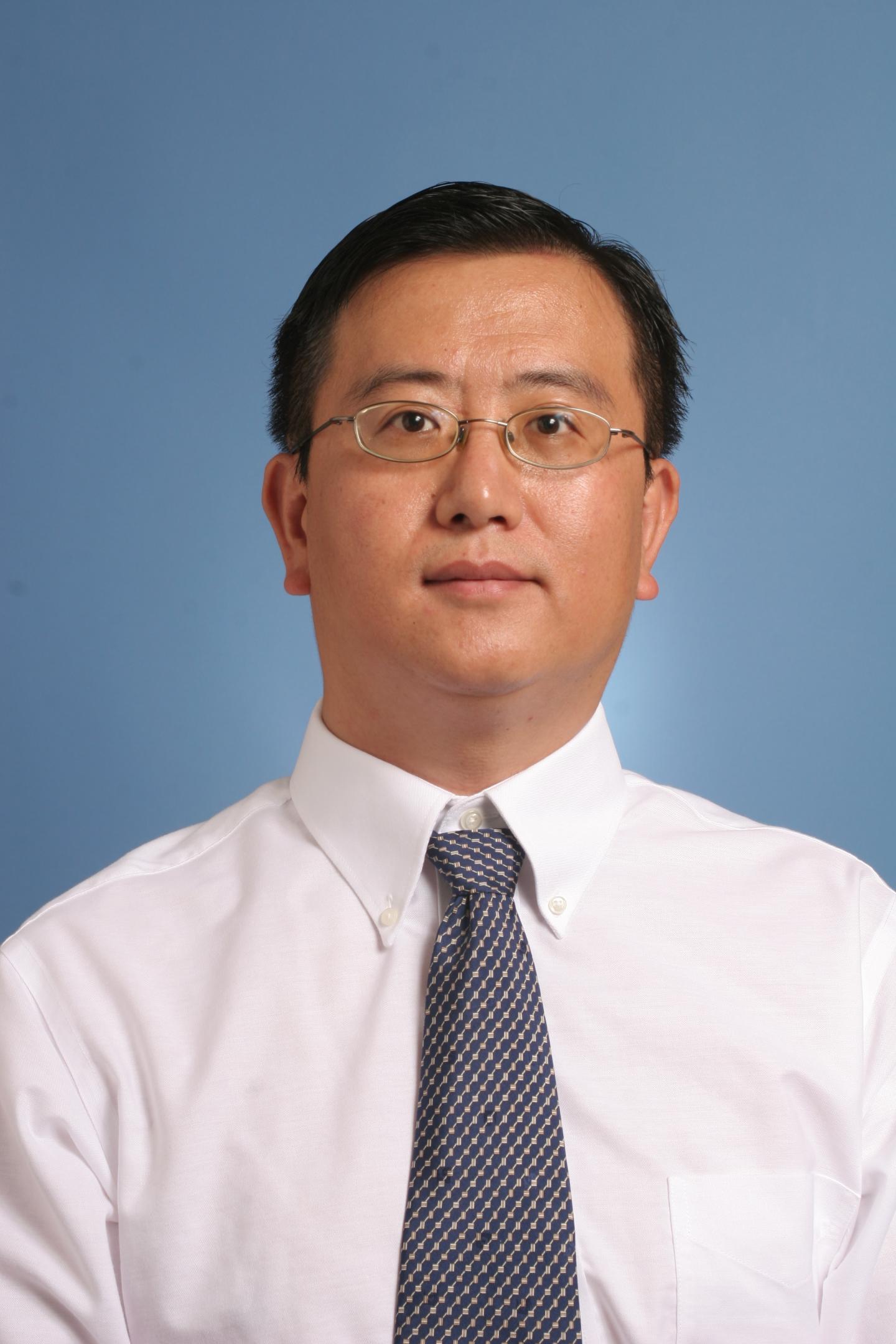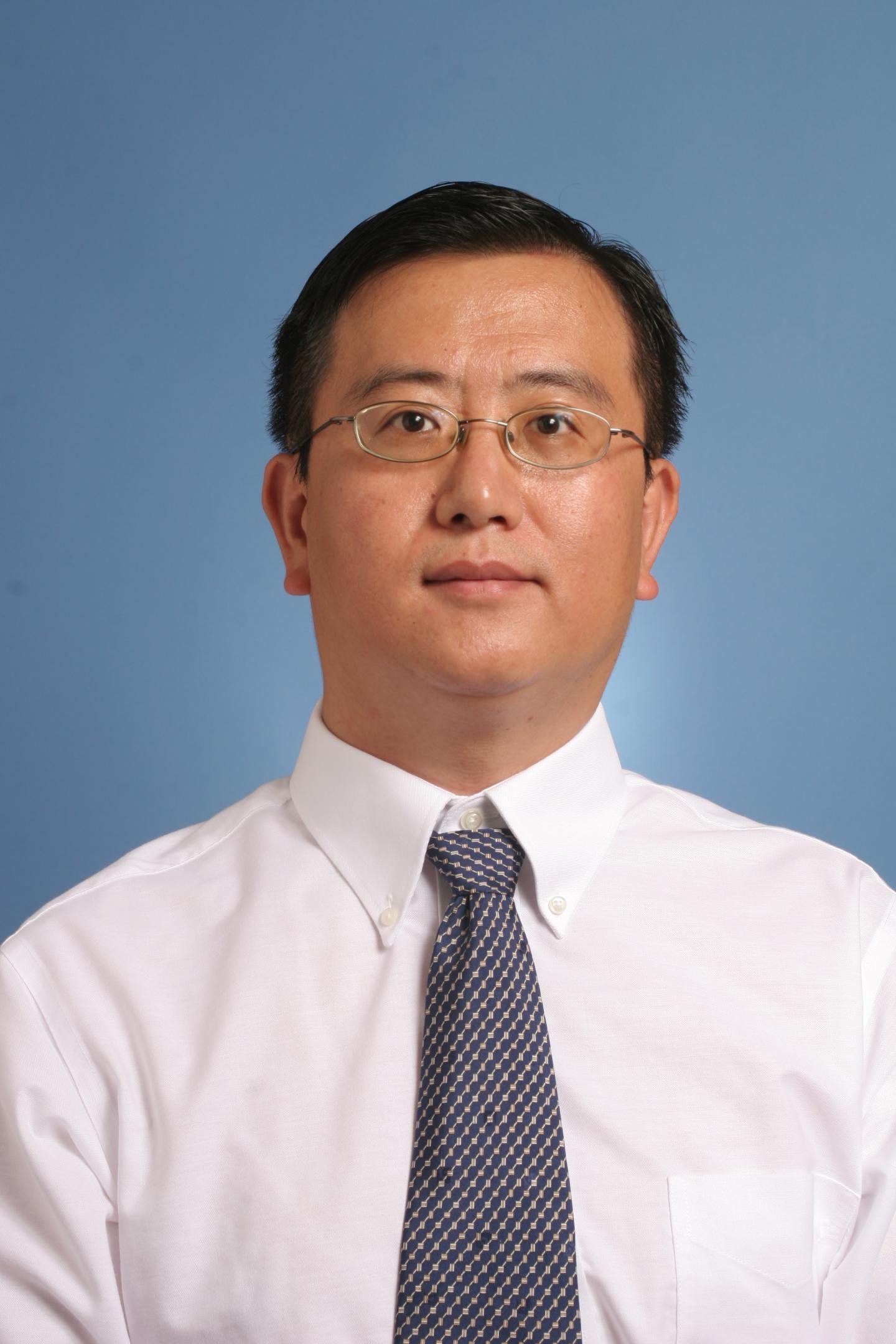
Credit: University of California, Riverside.
RIVERSIDE, Calif. — A person's general intelligence and ability to understand language are reliant on the brain's ability to maintain precise information acquired over a short period of time.
To understand how these types of natural vision and cognitive functions are achieved in both healthy populations and individuals at high risk for psychosis, Weiwei Zhang, an assistant professor of psychology at UC Riverside, will assess how the brain's hippocampus, a deep structure believed to be an exclusive hub for long-term memory, supports encoding, maintaining, and accessing precise short-term and long-term memories.
An expert on visual attention, working memory, and cognitive modeling, Zhang has received a five-year, $1.4 million grant from the National Institute of Mental Health, a division of the National Institutes of Health, to conduct the research.
"We will use functional neuroimaging to investigate whether the hippocampus in human participants shows an increase in neural activities when we try to remember ongoing events as accurately and precisely as possible," said Zhang, the grant's principal investigator. "This project will provide a clearer understanding of the functional limitations in working memory and establish the basic science backbone for future practice designed to understand and treat cognitive dysfunction in schizophrenia spectrum disorders and foggy memory in aging and other clinical populations."
Zhang said the brain's maintenance of information over a short period of time in working memory is pivotal for observers' efficient interaction with exceedingly rich environmental content for both lower-level perception, such as maintaining relevant information across eye movements, and higher-level cognitive functions, including general intelligence and decision making.
Research in the past several decades on working memory and its deficits in various clinical populations has emphasized the quantitative aspect of working memory — how much information can be retained — and the corresponding neural mechanisms, he added.
"But only until recently has research begun to establish the theoretical and translational significance of the qualitative aspect of information maintained in working memory — that is, how precise is our memory," he said. "We will investigate the process and circuitry that support representing and retaining precise information in working memory."
His lab will use a combination of novel behavioral paradigms, individual differences, noninvasive brain stimulation, and functional magnetic resonance imaging to conduct the research.
In this field of research, memory has traditionally been partitioned into distinctive subsystems, including working memory and long-term memory. As such, the hippocampus and surrounding medial temporal lobe structures have been thought to jointly provide a hub exclusively for long-term memory, making them irrelevant for working memory.
"Our hypothesis postulates, however, that the hippocampus is essential for representing and retaining precise memories, regardless of whether they are in working memory or long-term memory," Zhang said. "Our preliminary data have linked the hippocampus to memory precision, providing some support for our hypothesis."
The grant, which began this month, will support a graduate student and a postdoctoral scholar. UC Irvine's Michael A. Yassa, a professor of neurobiology and behavior, is a co-investigator on the grant. UCR's Xiaoping Hu, a professor of bioengineering, Dr. Gerald Maguire, a professor of psychiatry and neuroscience, and Florida Atlantic University's Edward Ester, an assistant professor of psychology, will serve as consultants.
"Most memory research conceptualizes memory as a storehouse for mental representations of past events," Zhang said. "But as Steve Jobs put it once, 'Quality is more important than quantity. One home run is much better than two doubles.' Memory researchers such as myself also care about memory quality."
###
The University of California, Riverside is a doctoral research university, a living laboratory for groundbreaking exploration of issues critical to Inland Southern California, the state and communities around the world. Reflecting California's diverse culture, UCR's enrollment is now nearly 23,000 students. The campus opened a medical school in 2013 and has reached the heart of the Coachella Valley by way of the UCR Palm Desert Center. The campus has an annual statewide economic impact of more than $1 billion.
Media Contact
Iqbal Pittalwala
[email protected]
951-827-6050
@UCRiverside
http://www.ucr.edu





